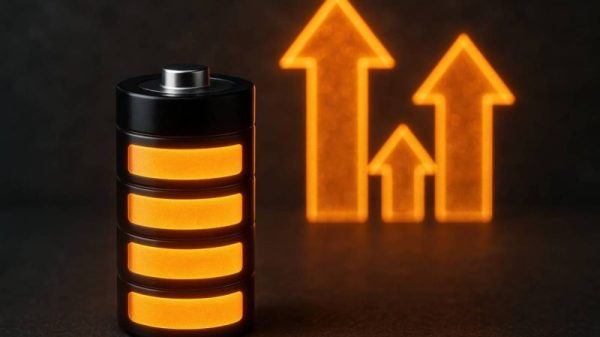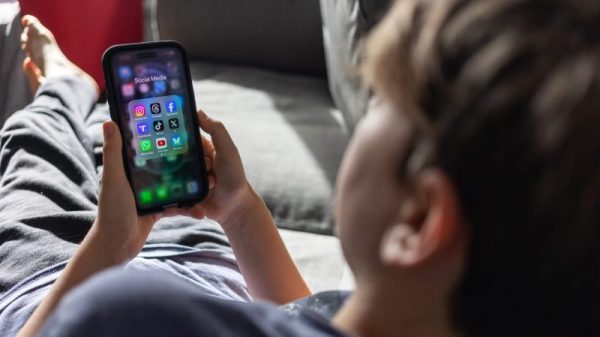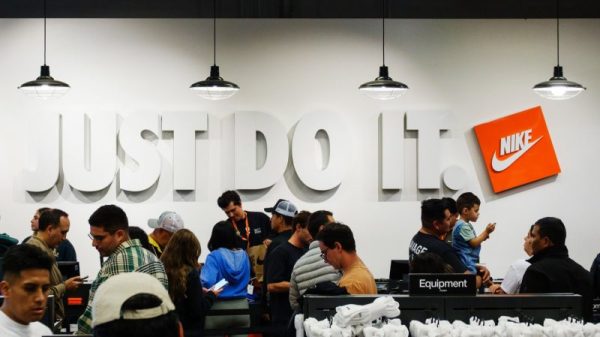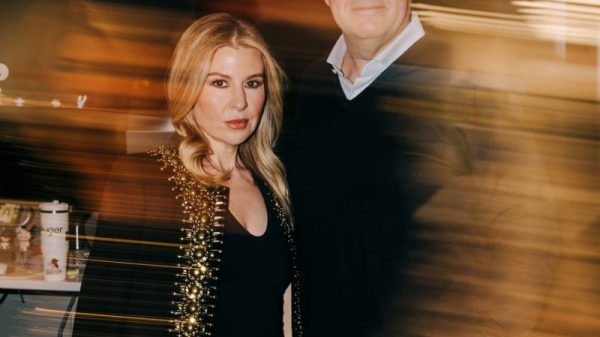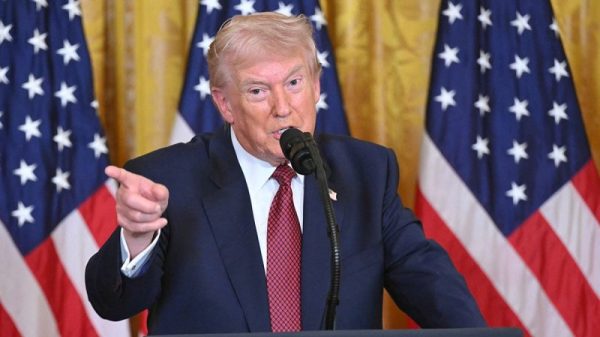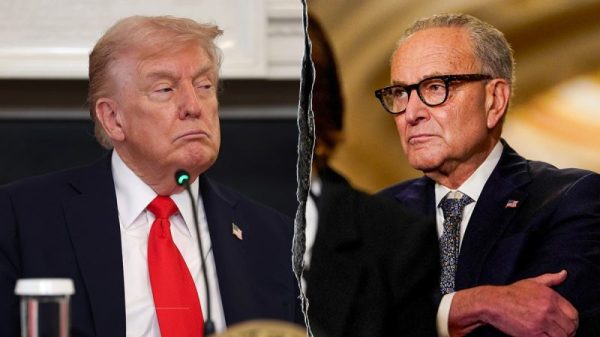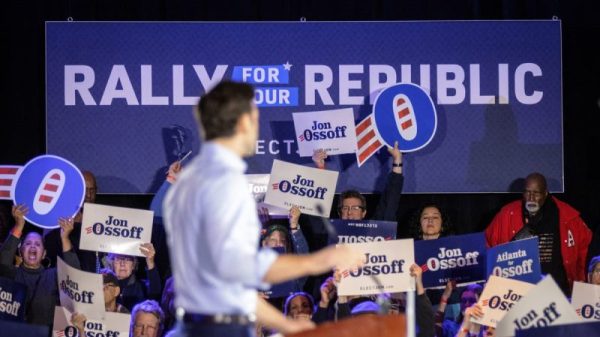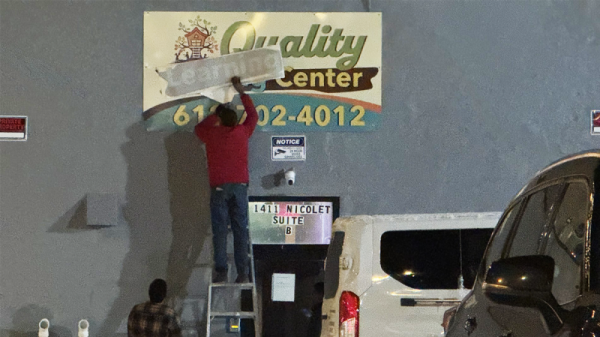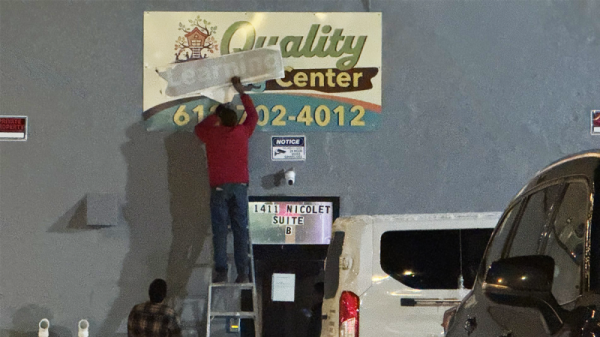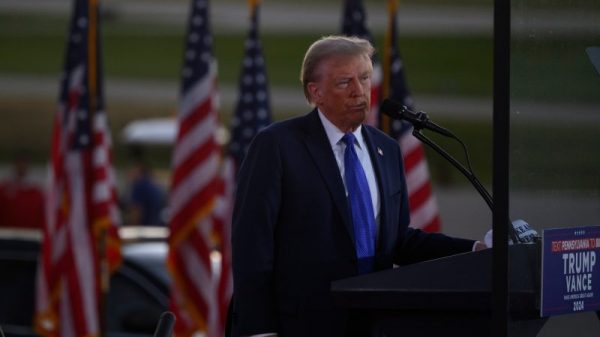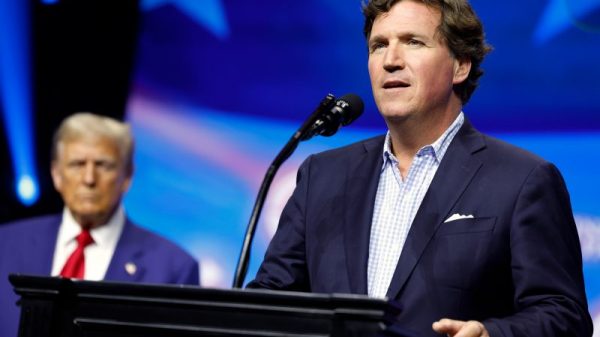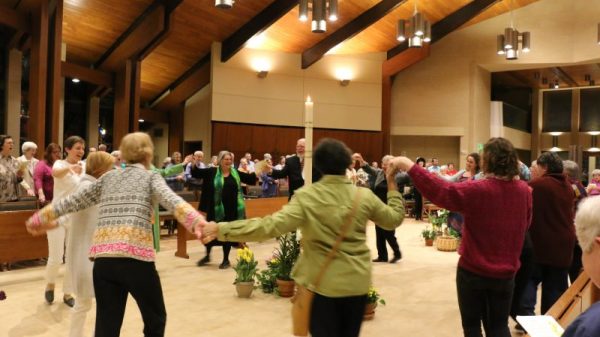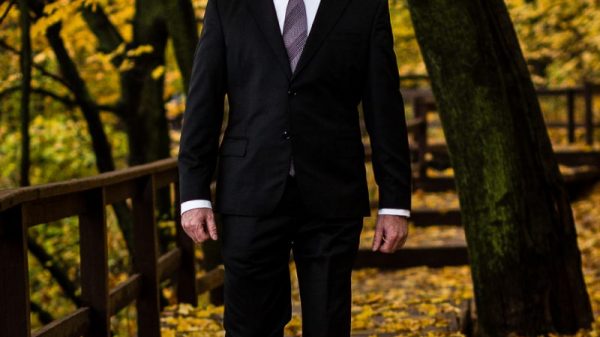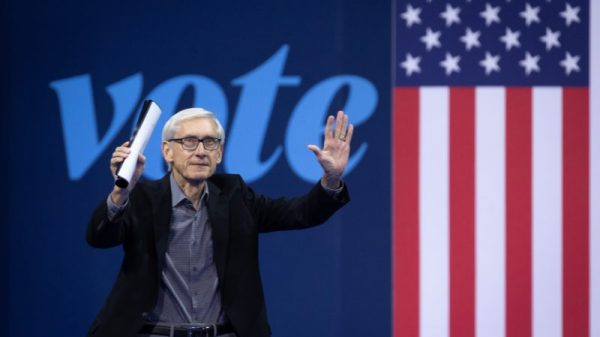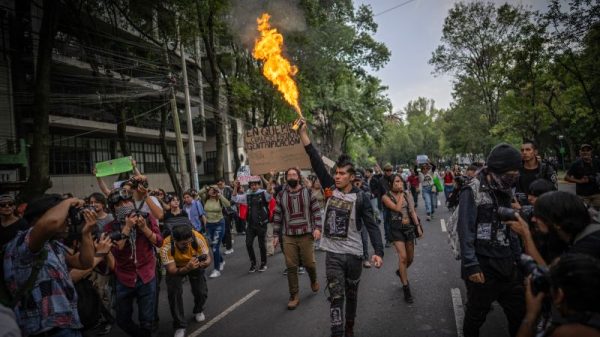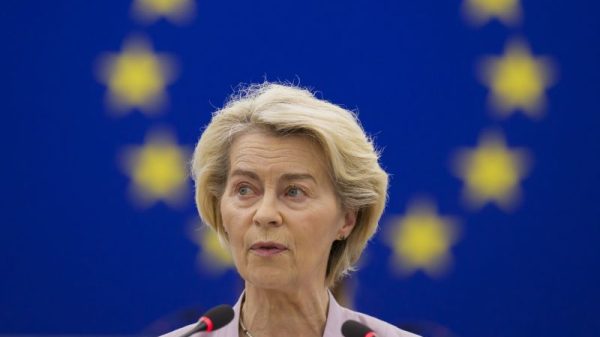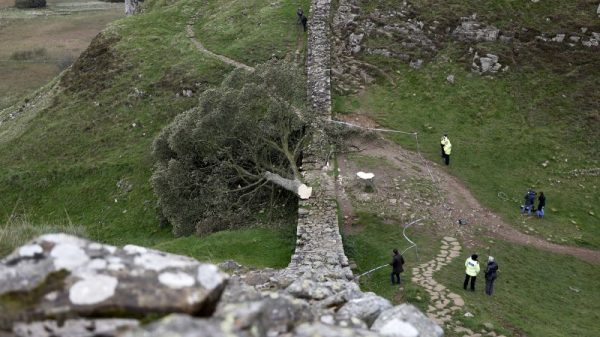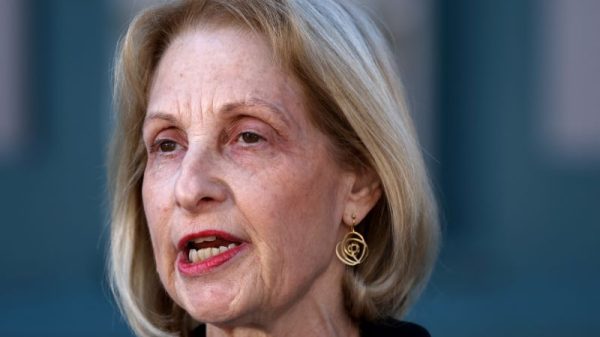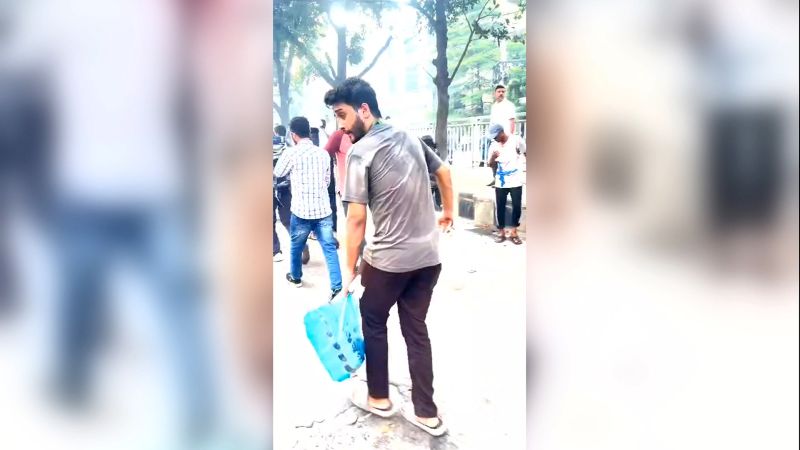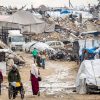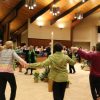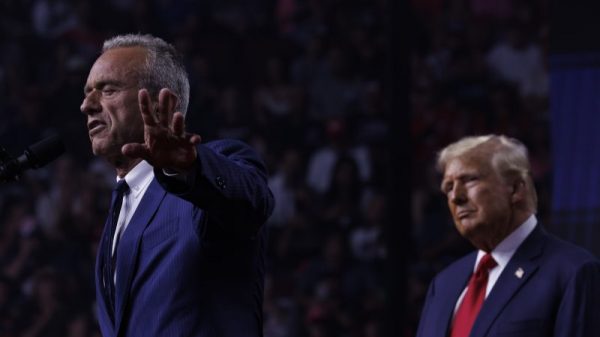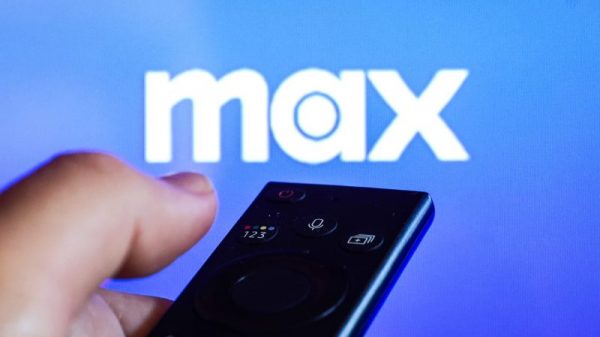Using his sleeve to wipe tear gas from his burning eyes, 25-year-old Mugdho weaves through the crowd, handing out bottles of water to the protesters whose demands for reform would soon topple Bangladesh’s leader.
Fifteen minutes later, the university student would become a martyr of the protest movement, when a bullet pierced his forehead as he paused to rest during the searing afternoon heat in the capital Dhaka.
The video of Mugdho handing out water before his death on July 18 punctured the social news feeds of millions across Bangladesh, galvanizing more people to take to the streets calling for justice for the lives lost.
What began as peaceful protests against a quota system for government jobs spiraled into a nationwide movement to push longtime Prime Minister Sheikh Hasina out of office, resulting in a deadly crackdown and clashes which killed at least 300 people, according to analysis by local media and agencies.
“(The killings) kept happening, and everyone was silent,” said Farah Porshia, a 23-year-old protester who works at a tech company in Dhaka. “We needed to stand up for ourselves, and for democracy.”
Hasina fled to India by helicopter last week as tens of thousands of protesters marched on her home. By Thursday, the Bangladeshi economist and Nobel Peace Prize laureate Muhammad Yunus had returned to Dhaka to form a temporary government, ahead of elections which the constitution states should be held within 90 days.
“I’m surprised by the amount of power we hold,” Porshia said. “Because for years, all of us have been feeling so powerless.”
Families seek justice
As the chaos of the last month is replaced by an uneasy calm, many families are now seeking accountability for the deaths of their loved ones.
Identical twins Mugdho and Snigdho were inseparable since birth – eating, sleeping and studying together, sharing clothes as well as secrets.
“He was not only my brother, he was my best friend, he is one of the parts of my body,” Snigdho said. “We used to do everything together.”
Math graduate Mugdho was studying for an MBA, and Snigdho had graduated with a law degree. The twins were planning to move to Italy this fall – to further their studies and explore Europe on motorbikes. To save money for their travels, they were doing social media marketing for the online freelancer hub Fiver.
Now, Snigdho and the twins’ older brother Dipto – Mir Mahmudur Rahman – are facing a future without Mugdho.
They kept hold of the university ID card Mugdho wore on a lanyard around his neck when he died – his spattered blood left to dry as a symbol of that dark day.
Now, they are trying to find solace from the impact Mugdho made on the protest movement.
“Because of him, people got the strength to do the protest,” Snigdho said. “He always used to say that ‘I will make my parents proud someday.’ That moment has come.”
Mugdho died two days after another pivotal moment in the protests – the death of 25-year-old Abu Sayed on July 16, captured on video which was widely circulated.
Amnesty International analyzed the videos and accused police officers of deliberately firing at Sayed with 12-gauge shotguns in a “seemingly intentional, unprovoked attack,” and condemned the authorities for using “unlawful force.”
The shocking deaths of Sayed and Mugdho catapulted the unrest from being a largely student-led protest into the mainstream.
“Everybody was on the streets, people of every race, every religion, every ethnicity, of all ages, professionals, students, infants were on the roads,” Porshia said.
Among the hundreds of people who have reportedly died during the clashes over the past few weeks, UNICEF says at least 32 were children.
In a tiny shack made of corrugated metal and mud in the heart of Dhaka, the parents of 13-year-old victim Mubarak are still trying to process what happened to their son.
His mother Fareeda Begum rocks back and forth, weeping as she watches Mubarak’s TikTok videos on her phone – now all that she has left of him.
The youngest of four and the only one who still lived at home, Mubarak often helped his parents with their cows so they could sell milk to survive.
“He was a smiling, happy boy. If you gave him work, he would never say no, he would do it with a smile,” his father Mohammad Ramzan Ali said, adding that he could also be “a little mischievous.”
Mubarak was outside playing with his friends on July 19 when the curious teenager wandered a short distance from their home in central Dhaka to see the protests.
The parents only found out that he’d been shot when they got a call from the hospital.
Holding his wife Fareeda in his arms as her tears rolled down her face, Ali said, “My son has been martyred for this movement.”
“I did not understand this quota protest before, we are uneducated,” he said. “But later what I understood is that this protest isn’t just for students, it’s for all of Bangladesh.”

